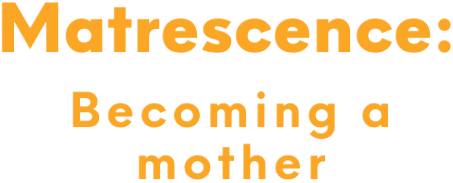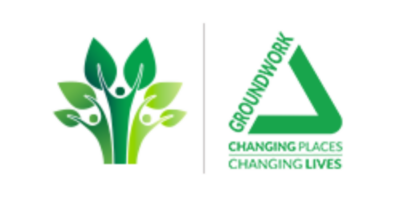A friend once said to me the act of creation signalled the end of creativity. The bone-crunching tiredness that hangs over you, day in, day out. The almost constant anxiety of something disastrous happening, meaning rational thoughts are driven out, let alone anything more creative than the daily grind. The endless, repetitive hours of unedifying tasks, many involving bodily fluids in some capacity; interspersed with tears, explaining to everyone, including yourself, ‘What exactly have you DONE all day..?’ Until a beaming smile brings a suffusion of love and the sense it was all worthwhile.
Once you become a mother you might stumble along to a Mum and Baby session, often ending in a singalong of classics, such as ‘The Wheels on The Bus’ (they don’t go round as fast as the wheels in your head, I can tell you). When your child gets a little bigger, you might accompany them to an art class. In my experience, the children do the art for a few minutes before stampeding over to the refreshments. The real creativity ensues in the bartering over how many biscuits. You are left standing at the abandoned picture and decide to finish it yourself because hey, you used to like drawing, but this feels somewhat illicit and overly frivolous for a grown woman.
Imagine if the arts activities were for you though? If they were keys to tap into the essence of you, your hopes and dreams, the woman as well as the mother. To process the experience of your transition to motherhood, known as matrescence. And your child would be there, indeed an utterly necessary condition of being there at all, but an appendage of you, rather than the other way round, when you are customarily referred to as ‘X’s Mum’?
In 2008, when I started Mothers Uncovered, I was determined to create a space for women to explore their thoughts through art, writing and guided discussions, in a way that was also celebratory. Having realised I could remember precious little of those first months myself, I wanted to create a record of this time, both for them and those observing them. Ten years later, we published a book called ‘The Secret Life of Mothers’ (Gordon-Walker & Naughton, Silverdart, 2018), a compilation of experiences from over fifty past participants; a rich tapestry of poetry and prose, humorous, moving, eloquent.
Much of motherhood is unseen, hence the title of the book. The mother glimpsed pushing a buggy is showing only a small segment of the day, for she is on call 24/7. She goes straight from carrying a baby and giving birth, to being responsible for its every moment. Of course, partners, family members and friends are involved, but the majority of this work falls on her shoulders. In addition, her body is usually shattered and even traumatised from giving birth, flooded with hormones and sleep-deprived.
Her mind is full of concerns about her child and an overwhelming sense of responsibility. She might worry she does not love her baby, resentment or anger that her life is turned upside down, boredom, a sense of failure if she wants to breastfeed and cannot, worried about her relationship, money, or career. The list goes on, but the prevailing narrative is she should feel grateful she has a child and get on with it. She fears if she tells a doctor or health professional about any dark thoughts her baby might be taken away.
To air these views is paramount, not just for a woman’s mental and emotional wellbeing, but for her self-esteem. It is especially important for those who do not consider themselves ‘creative’, doubting their ability to do it ‘right’, or have an absence of avenues to explore their thoughts. However, when they are guided through this process by sympathetic facilitators, the effects are transformative.
Furthermore, when their stories are shared with others, such as in our book, it validates their experiences and gives voice and presence to their unseen work. And they can feel pride at that very real work they are doing. I discovered the word matrescence (coined by anthropologist Dana Raphael in 1973, but remaining dormant for nearly 35 years) the year after our book came out; yet I knew there had to be something to describe the enormity of this time, and termed it ‘new motherhood syndrome’ in my introduction. I have since become a passionate advocate for the word, speaking publicly and pushing for policy change, and pushing for policy change, as the effect on society if this time in a woman’s life was truly honoured would be revolutionary.
Women often feel they are ‘just a mum’ or frustrated they cannot do many other additional tasks in a day. But looking after a child, loving and bonding with it, is work and should be treated as such. Additionally, because organisations do not make allowances for flexible working, many mothers are forced out, meaning their enormous experiences and skills are disregarded because they cannot fit into a conventional work pattern. This is not only a loss to the working world but also leads many women down a path of depression because the message is given that they have both ceased to be relevant because they are mothers and that the work of being a mother is unimportant.








